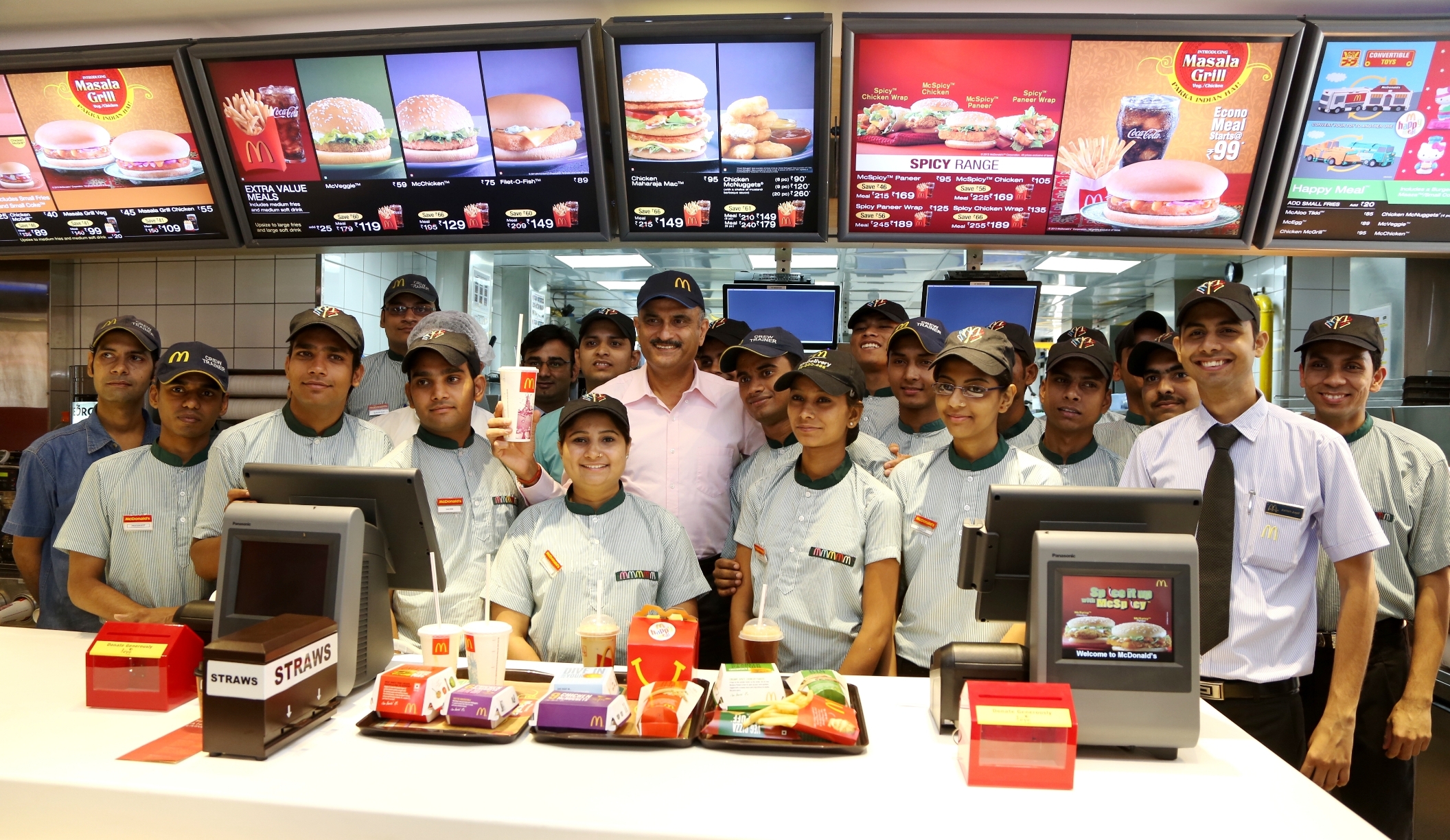Photo fro : IGrow
If you have ever ventured into a McDonalds outside of Leeds, or the UK for that matter you have probably noticed that the standard Big Mac, McChicken, nuggets etc cannot be found. In fact the menu when you walk into the different McDonalds around the world is usually quite different, for example in China you’re likely to be greeted by a Crispy Chinese, in India you might come across a Mc Curry Pan, elsewhere you might find pasta being served, Halal meat only even McDonalds that serve alcohol. And why is this? Why can’t we expect everyone across the world to be happy with a Big Mac, fries, coke and a McFlurry? (if you’re splashing the cash) This is because of cultural differences and national differences in preference. Different values , ethics , religious beliefs , traditions and so forth all effect the choices that consumers make when purchasing goods and services.
These differences in preference create major headaches for huge multinational companies as they can’t simply standardise their products and role them out globally and expect the profits to just fall into place. Instead companies such as McDonalds have to adapt and ‘localize’ their menus to align themselves with the consumer preferences in each different market they serve. So, for example when entering India, McDonalds realised that around half of the population were vegetarians, and a vast amount of the population practiced Hinduism and therefore wouldn’t eat beef. Therefore, to localize their menu they introduced two new products, the Aloo Tikki Burger (an Indian inspired vegetarian burger) and the now famous Chicken Maharajah Mac to replace the standard (and in my opinion, bang average) Big Mac. And the results were outstanding! The localized menu coupled with a cheap price tag led to a huge surge in demand and McDonald’s in India now has more than 320 million customers a year.
However, localization comes with a hefty price tag and isn’t always a feasible strategy for companies with less resources compared to the giants such as McDonalds. Localization means that companies have to effectively alter a vast proportion of their business model . Business may have to design new menus, find new suppliers, find local managers, develop new training, conduct detailed market research, potentially change their marketing and so forth, all this racks up! So, when entering a new market the top dog executives have to decide whether to localize their products to adapt to local preferences or keep their products the same wherever they go (standardise). Companies often find that there is never a right or wrong solution to this question and often the decision is dependent on the type of product , the differences between the markets and several other factors. But as McDonalds have clearly shown, localization can be one potent strategy when gotten right.
By Sam Bailey

